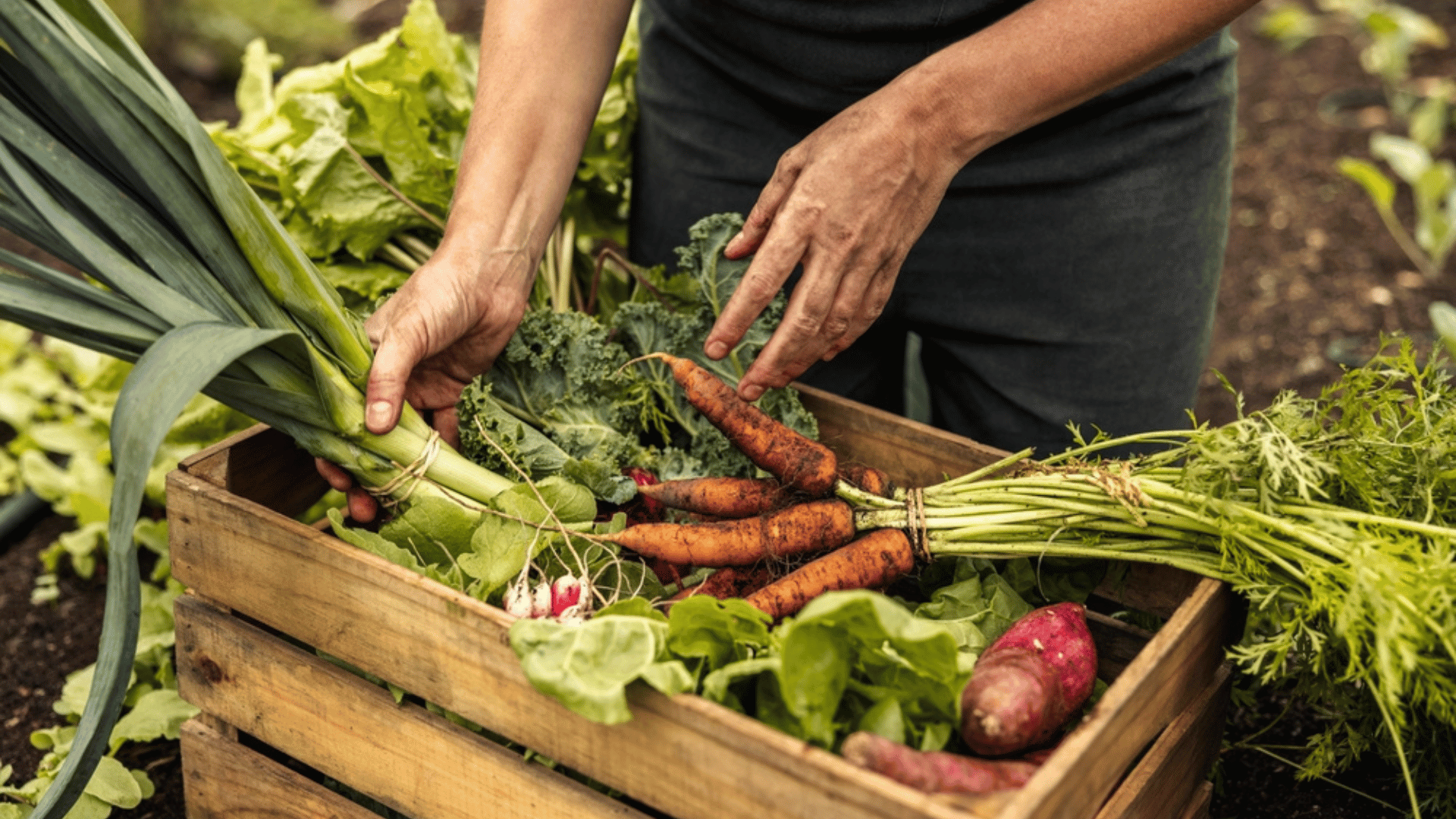When traveling, sustainable food options mean food that is good for both the environment and local communities. A few staples of sustainable food options include farm-to-table practices, ethical sourcing, locally sourced ingredients, supporting local businesses, good recycling practices, and minimal food waste. As the travel industry works to become more environmentally friendly, here are some tips on how to find sustainable food options while traveling.
Research Food Options

Before you leave for your trip, research local restaurants and markets that promote sustainability. Websites like HappyCow and Green Restaurant Association can help you find sustainable options. Even a quick search for “sustainable restaurants near me” will list restaurants that claim to be sustainable.
Search for Certifications

Due to the increasing popularity of sustainable practices, businesses will typically advertise their sustainability efforts. Establishments displaying labels like Certified Humane, Fair Trade, or USDA Organic can be a sign of sustainable practices. These certifications indicate that the restaurant or cafe adheres to specific standards and is serving you a meal that’s been ethically sourced.
Eat Vegan

Eating plant-based foods is a more sustainable choice, so look out for vegan or vegetarian restaurants or choose plant-based meals when dining out.
“The increase in vegan and plant-based options caters not just to vegan travelers but also to those who are environmentally conscious and interested in reducing their carbon footprint through their dietary choices,” says Bianca Joswiak, publisher of Vegane-Hotels.de, a platform highlighting hotels with vegan and sustainable food options.
Check the Menu

Rather than simply checking the menu’s food options and choosing your preferred meal, ensure you’re checking to see if the restaurant uses locally sourced and seasonal ingredients. These options are often more sustainable as they require less transportation and refrigeration.







